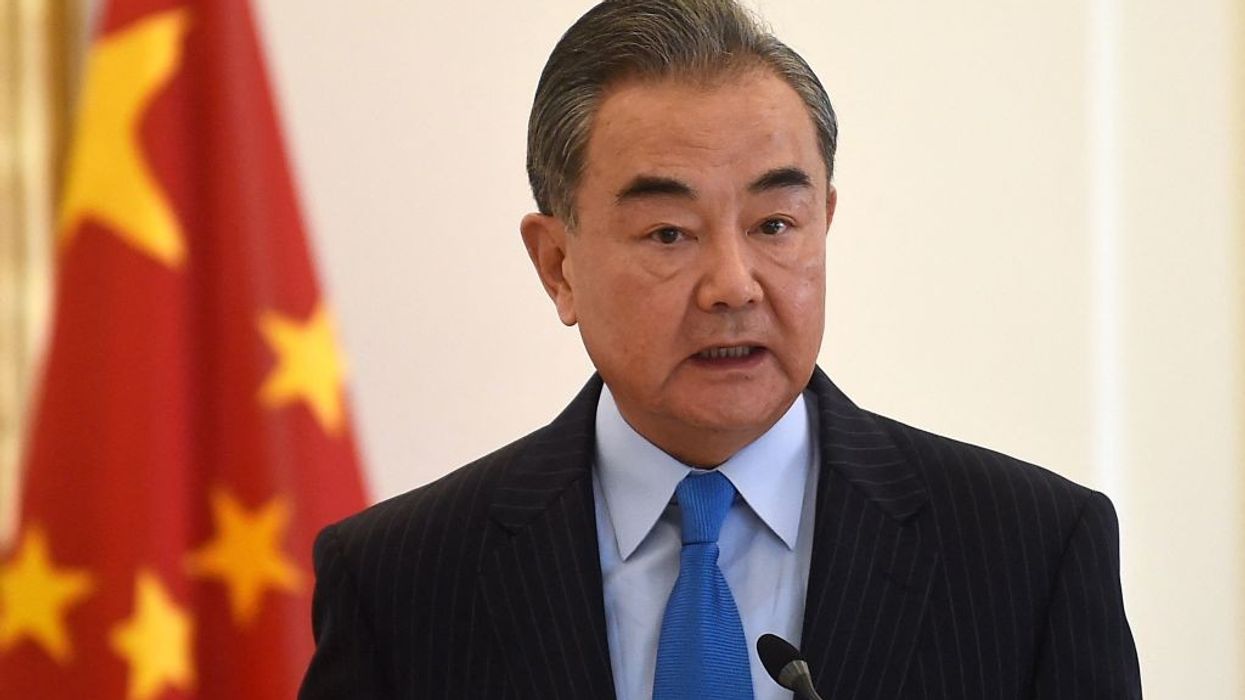CHINA's foreign minister will visit New Delhi for talks on Friday (25), an Indian official said, though neither side has formally announced what would be the purpose of the highest-level visit since border clashes soured relations two years ago.
Foreign minister Wang Yi attended a conference of the Organization of Islamic Cooperation in Pakistan, a close China ally, this week and is also set to visit Nepal on Friday as part of a tour of South Asia.
The Indian government source, who requested anonymity, said Wang was expected to meet Indian foreign minister Subrahmanyam Jaishankar and National Security Adviser Ajit Doval, and while the agenda was unclear, talks on the Ukraine conflict were expected.
India's foreign ministry declined to comment. A Chinese foreign ministry spokesperson said at a daily news briefing on Wednesday (23) that he had no information to offer.
In a quarterly booklet on Indo-Chinese ties that the Chinese ambassador to India shared on Twitter on Wednesday, Sun Weidong said Beijing was keen to reset relations with New Delhi.
"China has shown the willingness and taken actions to improve the bilateral relations," he wrote. "And, it needs both sides to meet each other halfway and properly handle the differences."
Neither China nor India has condemned Russia's invasion of Ukraine. Russia, which refers to its actions as a "special military operation", counts both China and India as friendly powers, having cultivated diplomatic and economic ties since the Cold War era.
China and India fought a brief but bloody border war in 1962. Relations became fraught again in June 2020, when 20 Indian and four Chinese soldiers were killed during a high-altitude clash in a disputed section of the western Himalayas.
India has restricted many Chinese firms from operating in the country since then.
Wang said at an annual news briefing in Beijing this month that Asia's two largest nations should help each other accomplish goals, instead of "draining each others' energies".
Without naming anyone, he said that "some forces" had tried to create conflict and division between the two countries.
Aside from the tensions in the Himalayas, India's mistrust of China stems from Beijing's support of old foe Pakistan, the competition for influence in Nepal, and concern over China's economic clout in Bangladesh, Myanmar and Sri Lanka.
In recent weeks, India has received a flurry of visits and phone calls from senior officials from Australia, Britain, Japan and the US, while China has also stepped up diplomatic activity to set out its position over the conflict in Ukraine.
(Reuters)





